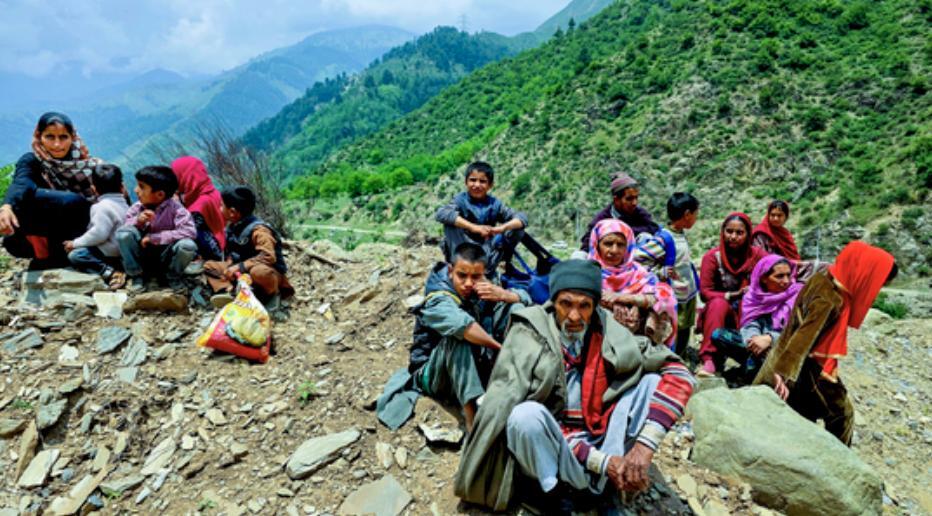
Can’t Trust Pak: J&K Residents on Returning Home After Ceasefire
The recent ceasefire agreement between India and Pakistan has brought a sense of relief to the people of Jammu and Kashmir, but for many residents of the border areas, the war is far from over. The fear of shelling and violence continues to haunt them, making it difficult for them to return to their homes.
The residents of Jammu and Kashmir’s border areas said that they want to return to their homes, but are not doing so as they can’t trust Pakistan. “I am desperate to go to my village because I can’t open my shop…But people still believe war isn’t over,” a resident said. Several areas of J&K saw heavy shelling during India-Pakistan clash, and the residents are still reeling from the trauma.
The residents of the border areas are living in fear, and the ceasefire agreement has not brought them the peace they were hoping for. They are still waiting for the situation to normalize before they can return to their homes. The residents are also worried about the future of their children and the impact that the war has had on their education.
“I have two daughters, and they are still studying in class 12th. We are worried about their future. If the war continues, they will not be able to pursue their education,” said a resident of a border area.
The residents are also concerned about their livelihoods. Many of them have lost their businesses and are struggling to make ends meet. The ceasefire agreement has not brought them any relief, and they are still struggling to recover from the damage caused by the war.
The residents are also worried about the infrastructure in their areas. Many of the roads and bridges have been damaged, and the residents are struggling to access basic amenities like water and electricity.
The residents are also concerned about the security situation in their areas. Many of them have lost their homes and are living in makeshift shelters. They are worried about the safety of their children and the impact that the war has had on their mental health.
The residents are also worried about the future of their community. Many of them have lost their friends and neighbors, and the war has left deep scars. They are worried about the impact that the war has had on their social fabric and the future of their community.
The residents are also concerned about the government’s response to the situation. Many of them feel that the government has not done enough to help them. They are worried about the lack of infrastructure and the lack of support from the government.
The residents are also concerned about the international community’s response to the situation. Many of them feel that the international community has not done enough to help them. They are worried about the lack of support and the lack of pressure on Pakistan to stop its aggression.
In conclusion, the residents of Jammu and Kashmir’s border areas are still living in fear, and the ceasefire agreement has not brought them the peace they were hoping for. They are still waiting for the situation to normalize before they can return to their homes. The residents are also worried about their livelihoods, infrastructure, security, and the future of their community. They are also concerned about the government’s response to the situation and the international community’s response.






